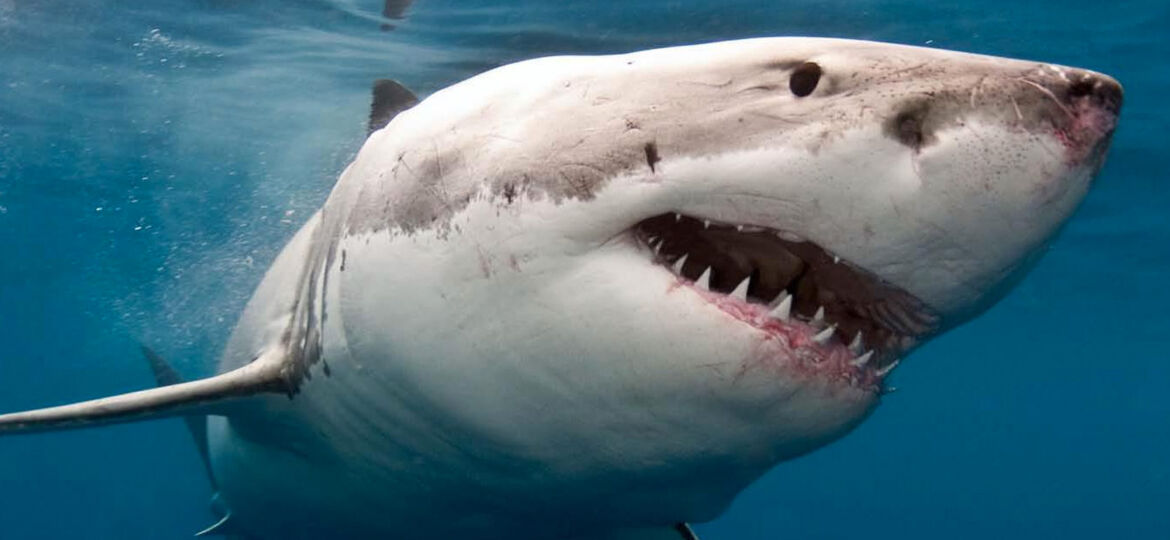
Australia trials search and rescue drones to help protect people – and sharks
Although the chance of dying from a shark attack in your lifetime is just one in 3.7 million, it doesn’t hurt to be a little vigilant in areas frequently visited by sharks. With this in mind, the Australian state of New South Wales (NSW), which just suffered its fourteenth shark attack this year, and, following on from an unofficial unveiling in February of this year, has announced that it will be rolling out a $250,000 shark attack-spotting rescue drone to the beaches in its territory.
New high-tech eyes in the sky: Unmanned Aerial Vehicles (UAVs) trial w/ Westpac LifeSaver Rescue Helicopter Service pic.twitter.com/apMOd50Bef
— Westpac Bank (@Westpac) February 28, 2016
According to the Sydney Morning Herald, the state’s premier Mike Baird declared that the drone will be the “future of rescue,” predicting that every surf club in NSW will eventually have access to this technology. Dubbed the “Little Ripper,” the Australian drone, manufactured by WestPac, is designed to withstand powerful crosswinds and will be far more agile than standard, similar-sized consumer drones, furthermore, it can fly without charge for up to two and a half hours.
Its on board high resolution camera, aided by machine vision an in-development surveillance algorithm, will be able to spot potentially troublesome activity in the shark-filled waters off the coast of NSW and in addition, a rescue pod – containing an inflatable three-person life raft and a locator beacon – will also be attached in the event that a shark attack is spotted.
This new drone follows on from the NSW government’s 2015 shark-tracking initiative. Trials have already taken place with drones exclusively designed to track sharks’ movement through the water; there are even plans to tag sharks with trackers so coastguards will know where they are 24/7.
With a lack of evidence for the more controversial approach of shark culling, it’s good to see that innovative techniques that don’t harm the animals are being trialled in a bid to reduce human-shark conflicts, and if the project continues to be successful then the Australian Government have promised to shell out another $12 million buying another 40 drones for beaches up and down their East coast.
















